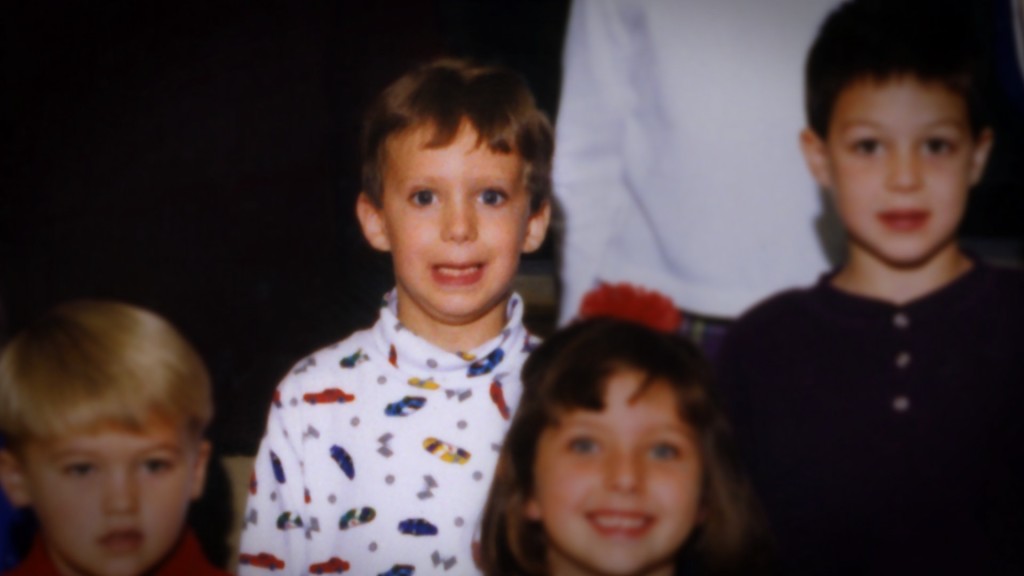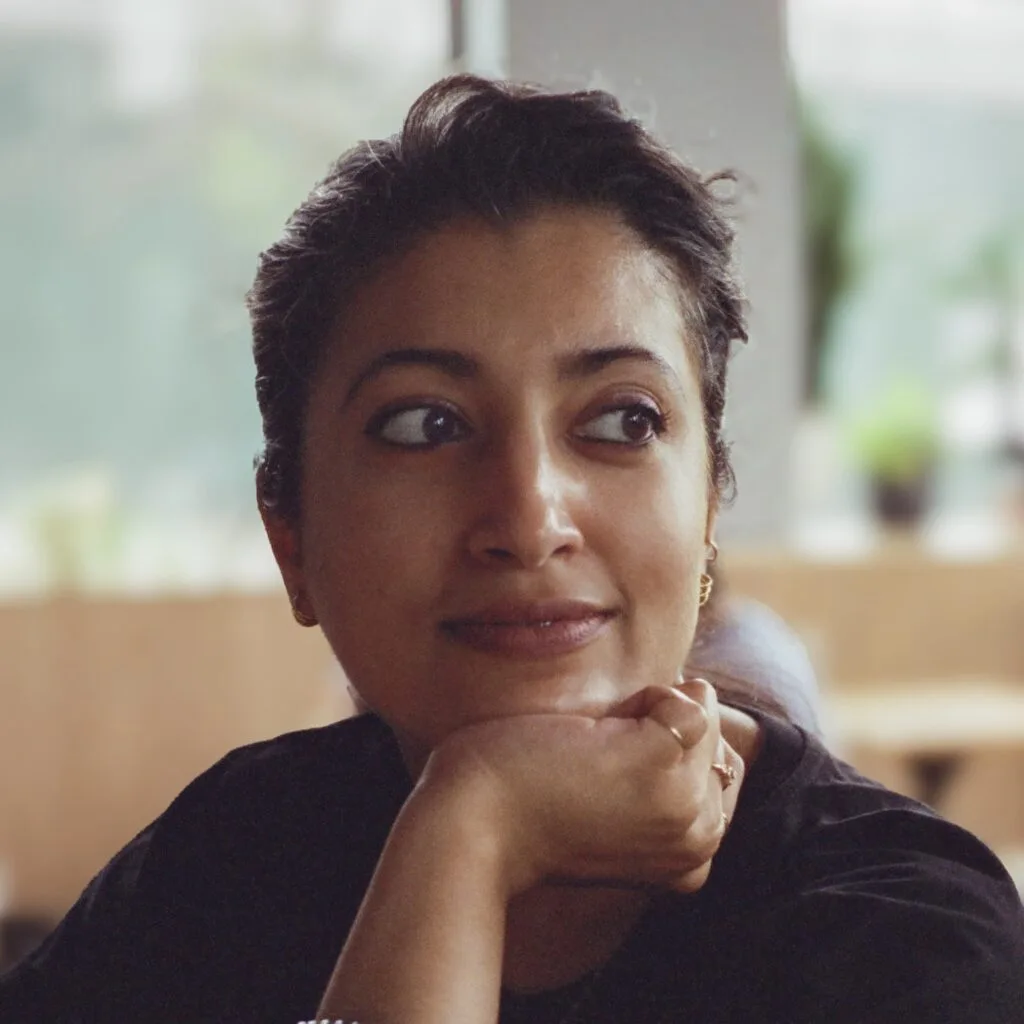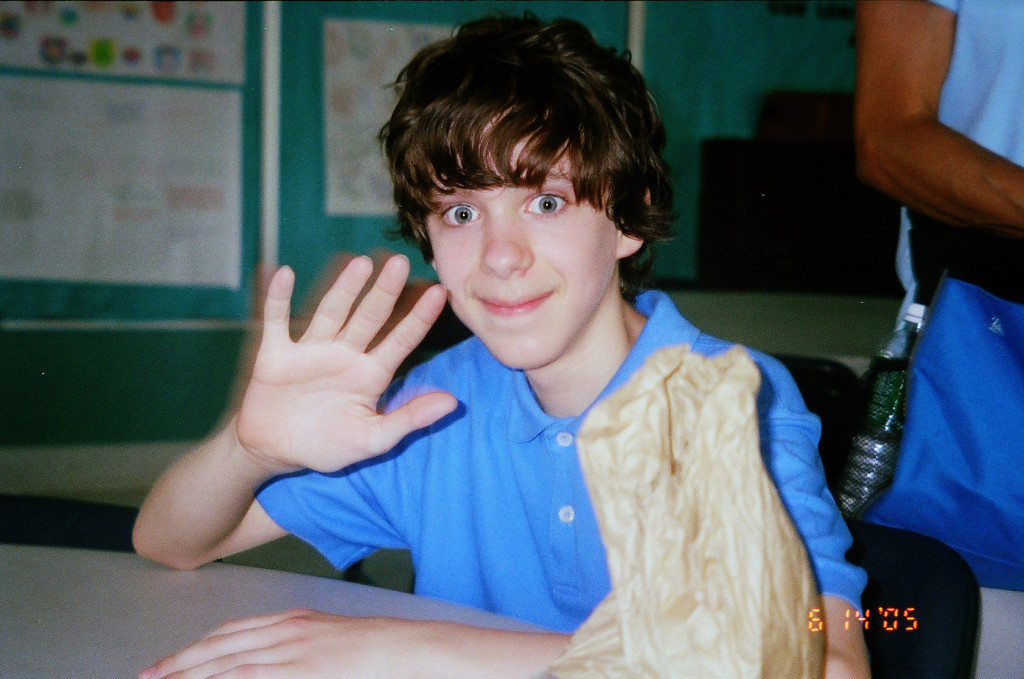New Report: Adam Lanza “Did Not Just ‘Snap'”

November 21, 2014
Share
Doctors at Yale offered Adam Lanza treatment for what they identified as profound emotional disabilities six years before he went to Sandy Hook Elementary and carried out a shooting that left 20 children and six adults dead.
His mother, Nancy Lanza, didn’t agree to the treatment.
The incident is just one of many such red flags detailed in a report by Connecticut’s Office of the Child Advocate released on Friday and first reported by Hartford Courant‘s Alaine Griffin and Josh Kovner.
Lanza’s family, doctors, teachers and mental health professionals often focused on managing symptoms of his mental health problems, rather than addressing his serious underlying issues, according to the report.
In the incident described above, doctors at the Yale Child Study Center made “prescient observations” that the method of accommodating Adam’s behavior instead of addressing the underlying causes “would lead to a deteriorating life of dysfunction and isolation,” the report’s authors write. It was one of two times Adam might have received the psychiatric treatment he needed. His mother, Nancy, refused them both.
The report also offers more details on the relationship between Adam and his mother, Nancy. According to Griffin and Kovner:
The authors describe a symbiotic relationship between mother and son, with Nancy going to excessive lengths to protect him from stress, which had the damaging effect of isolating him from the outside world. She treated him as a close confidant, but “that may have been well beyond his relatively immature emotional capacities,” the authors said.
And the report describes Lanza’s preoccupations with violence, concluding that the Sandy Hook attack “appears to have been a purposefully thought-out and planned attack. [Adam Lanza] did not just ‘snap.'”
Last year, FRONTLINE and the Courant teamed up to investigate the life of the Sandy Hook shooter in Raising Adam Lanza. You can watch the film below.

Related Documentaries
Latest Documentaries
Related Stories
Related Stories
Explore
Policies
Teacher Center
Funding for FRONTLINE is provided through the support of PBS viewers and by the Corporation for Public Broadcasting, with major support from Ford Foundation. Additional funding is provided the Abrams Foundation, Park Foundation, John D. and Catherine T. MacArthur Foundation, Heising-Simons Foundation, and the FRONTLINE Trust, with major support from Jon and Jo Ann Hagler on behalf of the Jon L. Hagler Foundation, and additional support from Koo and Patricia Yuen. FRONTLINE is a registered trademark of WGBH Educational Foundation. Web Site Copyright ©1995-2025 WGBH Educational Foundation. PBS is a 501(c)(3) not-for-profit organization.





















